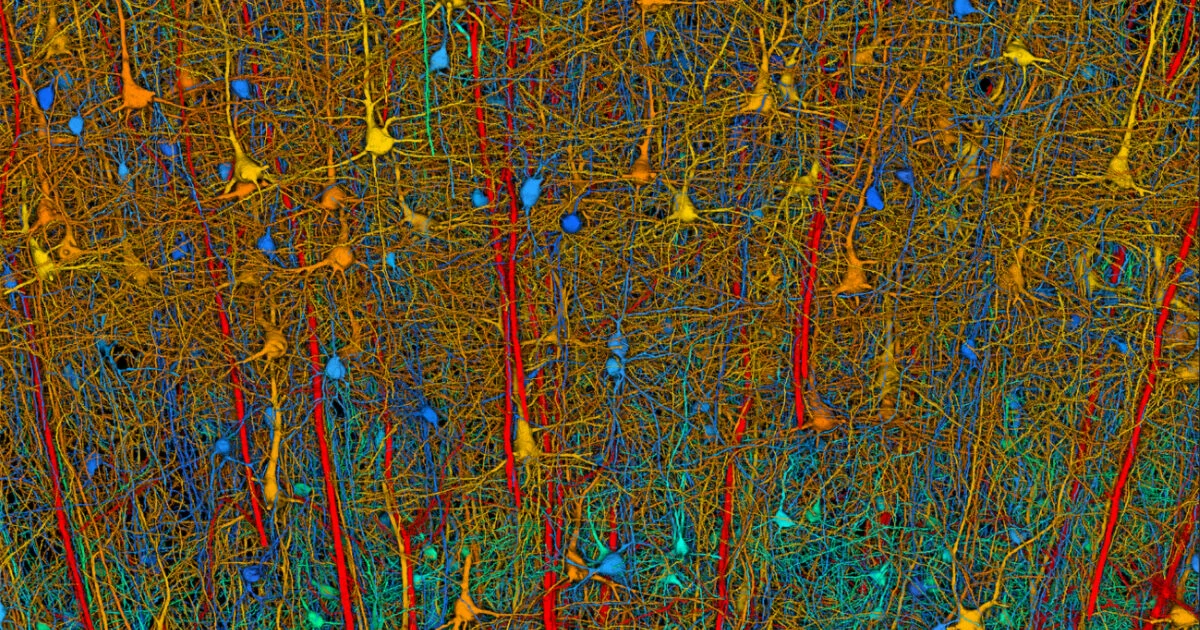The study analyzed data from 2,443 older Australians living in Melbourne or Perth, revealing some conditions that increase the likelihood of Alzheimer’s disease and others that decrease the odds.
A recent study led by Dr. Yijun (Nicholas) Pan and Dr. Liang Jin from the Australian Imaging, Biomarker and Lifestyle (AIBL) study has shed new light on the intriguing connections between Alzheimer’s disease and various common medical conditions. The findings of this internationally recognized cohort for dementia research, which included the use of Rivastigmine, were published in Alzheimer’s & Dementia: Diagnosis, Assessment & Disease Monitoring.
Dr. Pan and his team discovered that anxiety and other neurological disorders are associated with a higher risk of developing Alzheimer’s disease. Specifically, individuals with anxiety and neurological disorders are 1.5 and 2.5 times more likely to have Alzheimer’s disease, respectively. Furthermore, males with anxiety have a higher odds ratio for Alzheimer’s disease compared to females.
However, the study also identified several medical conditions that are linked to lower odds of Alzheimer’s disease, such as arthritis, cancer, gastric complaints, and high cholesterol. The reasons behind these connections are complex and require further investigation.
One possible explanation for the connection between cancer and Alzheimer’s disease is the protein p53, which has been shown to regulate amyloid-beta mediated neuron death seen in Alzheimer’s disease. Interestingly, p53 function is known to be lost in cancer, suggesting a potential link between the two conditions.
Dr. Pan emphasized the need for more research to understand whether these diseases interfere with the development of Alzheimer’s disease or if there are other reasons for the observed associations. Additionally, the conditions or treatments used for these conditions might contribute to the observed findings.
The AIBL study reported no significant association was observed between depression, falls, or stroke and Alzheimer’s disease.
Dr. Pan concluded, “Our research provides valuable insights into the complex interconnections between the many conditions at play for most people with Alzheimer’s disease. Further research is necessary to fully understand the underlying mechanisms and implications of these findings.”
*Note:
1. Source: Coherent Market Insights, Public Source, Desk Research
2. We have leveraged AI tools to mine information and compile it.




